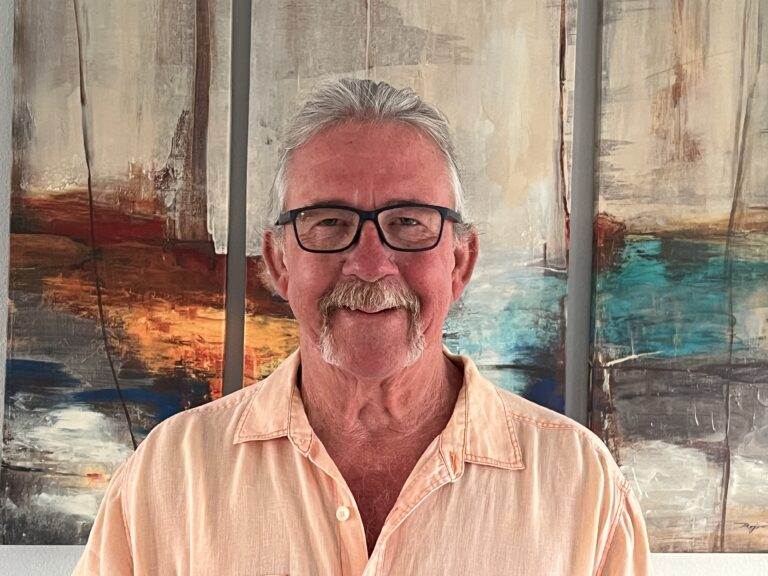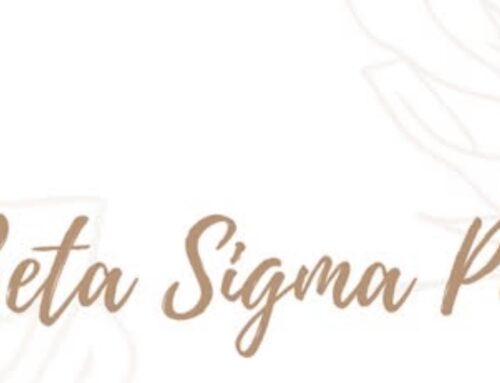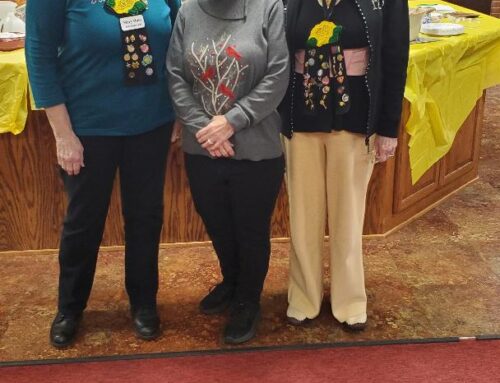Everyone has the power to change. That is not just hopeful wishing or pie in the sky ideology. I have seen it at work, in my life and in the lives of other people. People’s ability to change is the foundational principle of my profession. I have heard others say, “Oh, he or she will never change” and there have been times when I have surrendered and succumbed to the same conclusion. Yet in my heart of hearts, I know everyone has the power to do something differently, to choose how they want to live, to eliminate and/or incorporate certain behaviors.
Research supports the idea that the choices we make can change the way think, restructure our neurological network, and even the way our DNA performs. When we make efforts to embrace an optimistic and positive approach to life the less effort it takesto become a vibrant and optimistic person. How we think and live has a direct impact upon how our brain works and any changes we make will make structural changes which will impact how we think and behave. Rumi, the thirteenth-century Persian poet wrote, “Yesterday I was cleaver, so I wanted to change the world. Today I am wise, so I am changing myself.” Also, there is a strong relationship between the quality and quantity of life with the values with which we live. People who live with a sense of purpose, hope, optimism, thankfulness, and altruism tend to live healthier and longer lives. In addition, we can even address the influence of our heredity. We do not have to deny our power to change in the face of “I was just born this way.” We are born with a set DNA structure, but we have control over how our genetic makeup expresses itself. The choices we make, regardless of our family history, can turn on and off genes which not only has a direct impact upon us but also upon our children and their children.
Dr. Dean Ornish conducted a study that revealed that lifestyle changes which included a whole food plant-based diet restricted the gene expression that promote breast and prostate cancer and increased the genetic expression of disease preventing genes. No matter our genetic makeup we inherited we have the power to change its impact by the lifestyle choices we make.
The honeybee is a powerful example of how diet can impact DNA. Queen bees and worker bees are genetically identical, but queens can live up to three years while the worker bees may live up to only three weeks. Although they are genetically identical, it is their diet which creates the difference. When the queen bee is dying, nurse bees feed the newly picked larva a substance called royal jelly which turns on the royal gene expression while the worker bees eat a mixture of honey and pollen. The queen bee has the exact same genes as the worker bee, but because of what she eats, different genes express, which have a profound impact upon her health span and lifespan.
It is exciting to know that we have the power to choose how we live our life. The choices we make and the actions we take have a direct impact upon us mentally, emotionally, and physically. In one of Mary Oliver’s poems she asks, “What is it you want to do with your one wild and precious life?”






